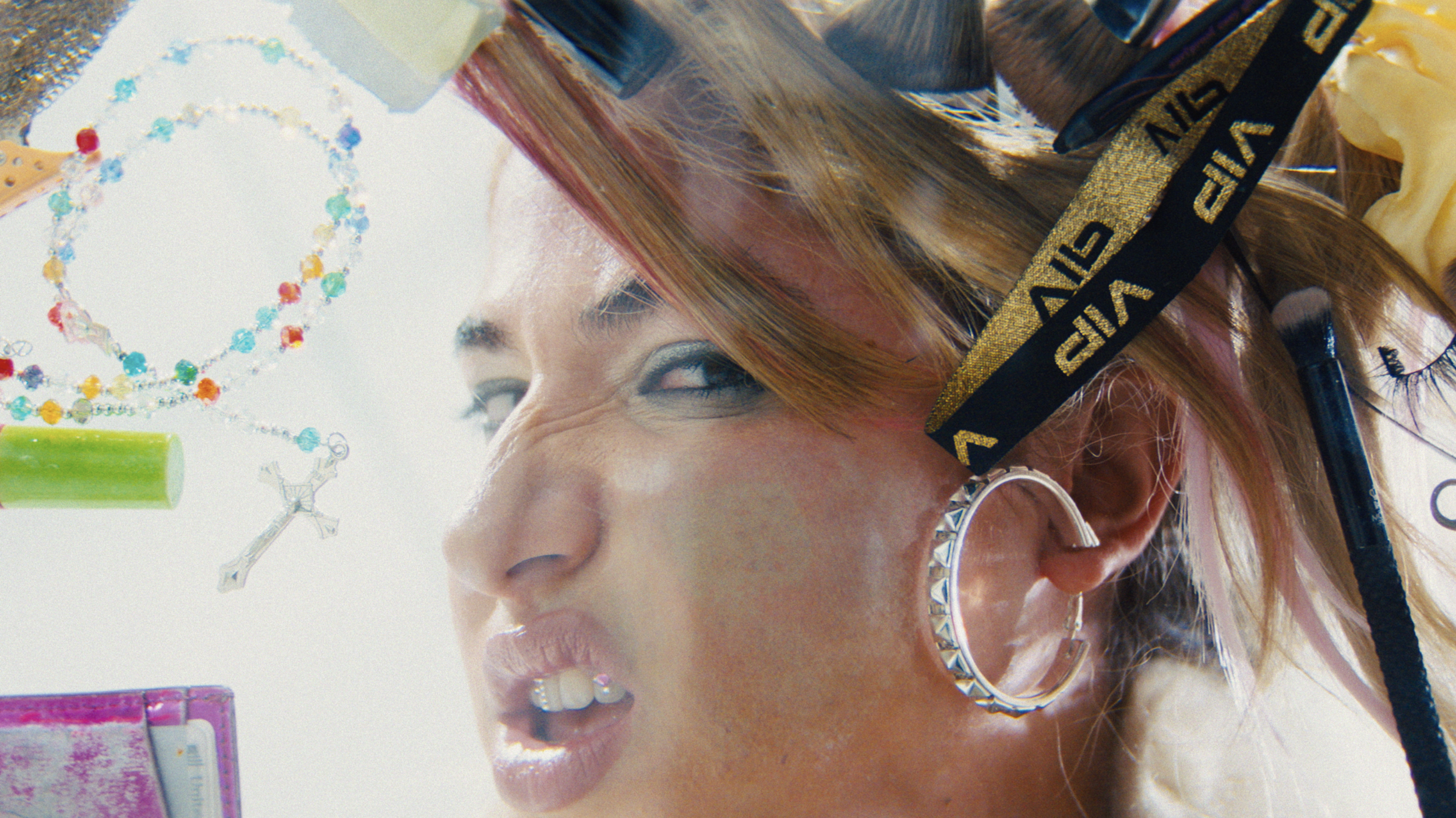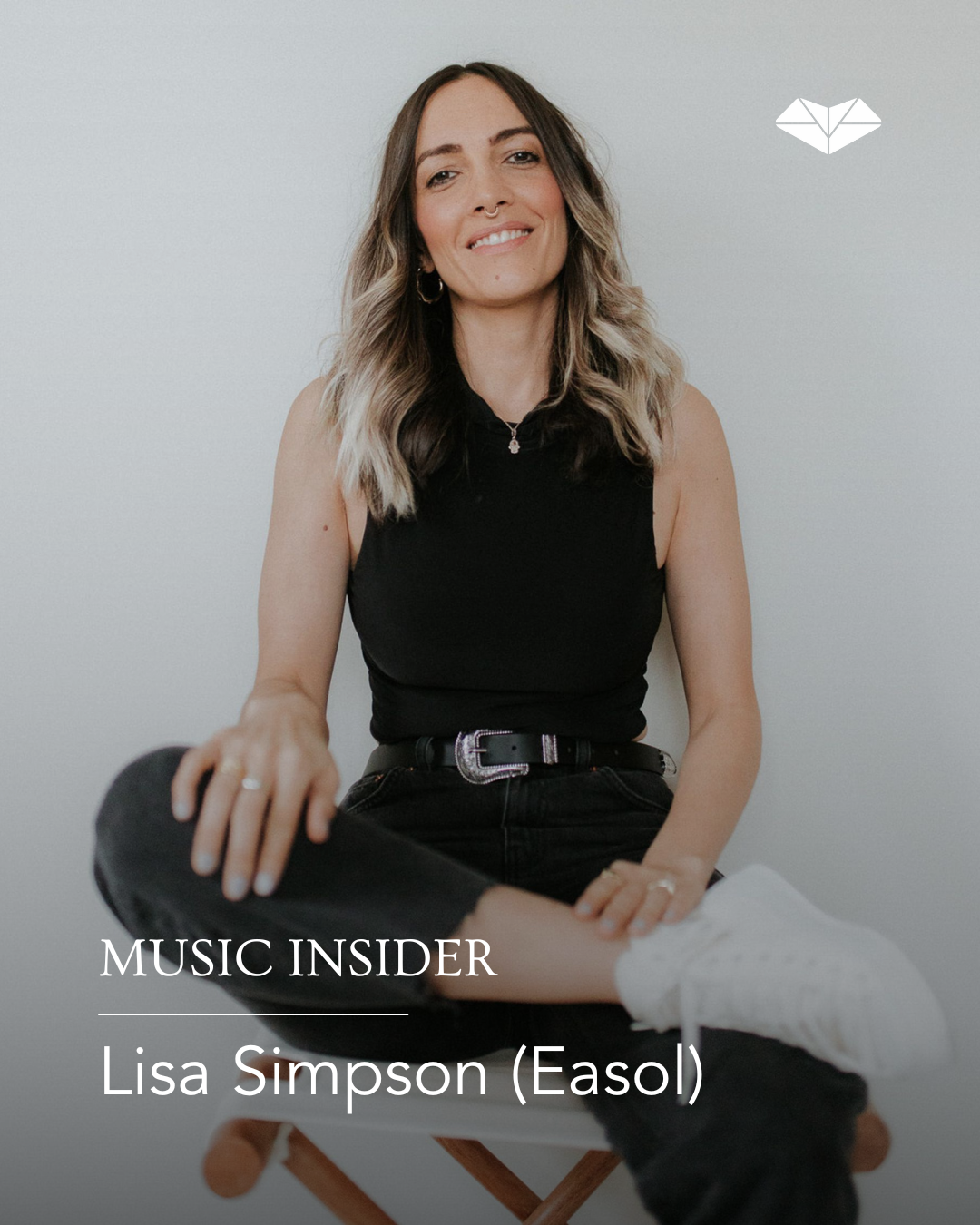Miami-based R&B/pop singer, songwriter and visual artist Cami Bear is carving out a space of her own in today’s pop landscape.
Fresh off the release of her bold new single matchacoldbrew, and its hyper-stylized 2000s fever-dream video, backed by Atlas Lens Co. (Everything Everywhere All at Once, The Batman), Cami is stepping into what she calls a “new era.” Fusing alt-pop, R&B, glitchy Y2K nostalgia and a touch of Latin flair, her sound is both playful and deeply personal, transforming regret into confidence and chaos into glamour.
With over 4M streams to date, collaborations with Gorgon City and Westend, and global radio support, Cami Bear is quickly proving herself as one of Miami’s most exciting new voices.
Atlas Lens has backed ‘Everything Everywhere All At Once and The Batman’ now they’re behind your 2000s fever dream. How did the partnership come about?
It came through a one-off artist submissions program that Atlas Lens was running in collaboration with LA native director XAMNIL.
And once it came together what was the experience like working with Atlas Lens and bringing your vision to life?
It was surreal, honestly. Atlas Lens gave me access to gear I never thought I’d touch this early in my career, and it made the whole process feel so legit. I will forever be grateful for that experience and for everyone who was involved in bringing something so special to me to life. A dream! <3
You refer to your song matchacoldbrew as ‘cnty’. What’s the story behind it?
This song basically wrote itself. I needed to channel whatever spiral I always go down into something more playful. This song came from a place of burnout due to not writing from an honest place. I’d been wanting to romanticize more of the real and darker narratives in my life that I know a lot of girls my age would be able to relate to through songwriting. It just so happened that the first angle I took was the morning after.
How has growing up in Miami shaped your artistic identity from the way you write, to how you perform, to how you move through the industry?
Miami holds a lot of magic, and luckily I’ve been able to channel that through my artistry. By now it’s clear the city has its own glossary, and you can hear a lot of that in my lyrics and brand voice.
My music is also heavily influenced by the mix of sounds I grew up on here, and I see it as a true product of that tension. It’s a pretty unserious city, and if you’ve been to my shows, you’ll see the direct correlation. My Miami roots shape so much of me, but I feel it most in the social element.
Like any big city, Miami makes you grow up quickly, and that’s played a big role in how I carry myself in the industry. Miami breeds a very specific kind of person. Growing up here not only toughened me up, but helped me tap into my soul and charisma. There’s a lot of characters here that have prepared me to deal with a lot of the different kinds of personalities you can come across working in an industry like this.
You’ve collaborated with Gorgon City, hit 4M+ streams, and your tracks are getting played worldwide. What mindset helped you stay focused as things started to grow?
Remembering why I started doing this in the first place is always very grounding. It’s easy to get caught up in the noise or start chasing trends, but I’ve learned to come back to honesty. If it doesn’t feel like me I don’t do it. As long as I do that, I know I'm focused on the right things.
Did you ever feel pressure to lean into Latin or the ‘Miami Sound’? How did you stay true to your sound?
Yes, I’ve always felt that pressure- especially coming from a Latin family and being a native speaker. I’ve caught a lot of backlash for not using my fluency more. At times I’ve been insecure about not leaning into it ‘fully,’ but that doesn’t mean I don’t already.
The culture is already woven into my music, just not in the most obvious or typical ways people might expect- it lives in my DNA, in my delivery, and overall in my energy. I definitely see myself exploring that path more in the near future, but I want to do it with intention and work hard to find the right messages and the right cultural approach so it feels true to me, to Cami Bear, and to where I come from.
And in terms of the Miami sound, I think that can mean so many different things. It’s not one genre - it’s the tension of all the influences here. I stayed true to my sound by letting those influences show up naturally in my work.
I see myself as a pioneer of this movement for my generation, helping emphasize this lane of Miami pop and giving it a voice. It’s about building something authentic that reflects the city’s magic without being boxed in. Staying true to my sound means blending my roots into it on my own terms.
What’s one thing about being a pop artist in Miami that people don’t understand until they’re living it?
One thing people don’t realize is how different the landscape is here compared to cities like LA or New York. Miami doesn’t really have an OG built-in infrastructure for pop, so you’re carving your own lane. That makes it harder sometimes, but it also gives you freedom to create something really fresh! You have to hustle harder to get noticed- especially when it comes to bookings, but in return you develop this very strong sense of identity.
What are you listening to at the moment?
So many things but this week: the new Jim Legxacy album, all of Dominic Fike’s discography, and that one minute video SZA posted on a spam account








































